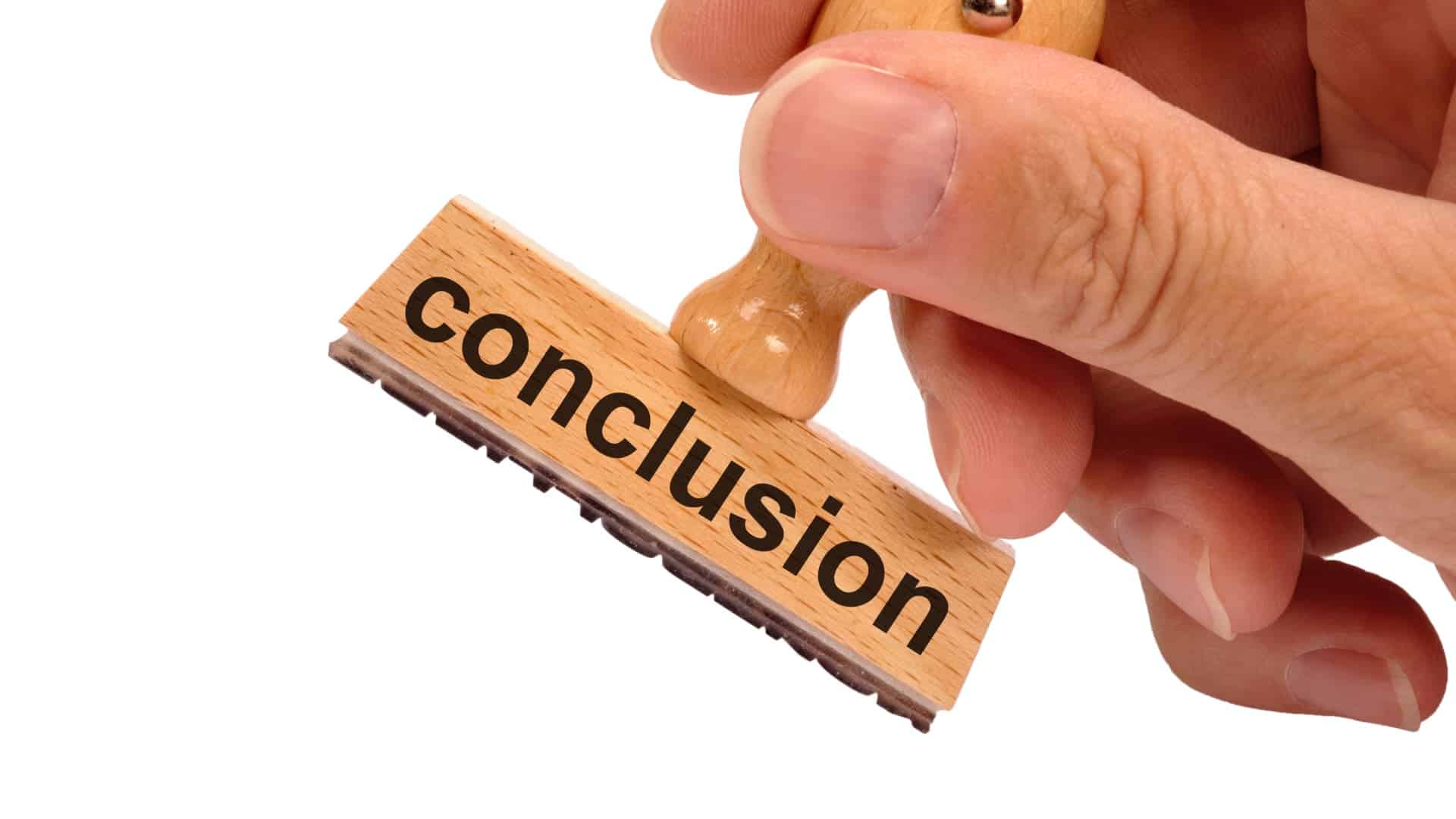Is Life Worth Living? (Ecclesiastes 1:1-3)
- I’d like you to imagine being given a blank check for anything you want
- you are literally told that anything you ask for is yours – whether it be material or otherwise
- you want riches? ask for it
- you want a new spouse? it’s yours for the asking
- you want a long and healthy life? all you have to do is ask
- what would you choose?
- this question is interesting because of the proliferation of such things as hospital lotteries
- you read these brochures and see a brand new gorgeous home with two cars parked outside, and you begin to imagine – what if?
- or you go to, of all places, McDonald’s, and see there that if you buy a McArch Deluxe Meal, you get a voucher redeemable for a Lotto 649 ticket
- and of course you begin to imagine being able to give seven million dollars to the church if you won the lottery
- what would you ask for?
- what would really make you happy?
- a man was once asked this question by God himself
- this man’s name was Solomon, king of Israel after his father King David had died
- King Solomon was probably all of 20 years old when he was asked this question:
- (1 Kings 3:5) At Gibeon the LORD appeared to Solomon during the night in a dream, and God said, “Ask for whatever you want me to give you.”
- now talk about a question!
- what would you ask for?
- what would make you happy?
- now, I’m sure if I asked you this morning what you would ask for, we would all say wonderfully spiritual things
- we might say an end to world hunger, or peace in our times, or the eradication of poverty
- but in our heart of hearts, wouldn’t we be thinking it would be nice to have a better job, or no job, or a brand spanking new house with two cars?
- I have to admit occasionally imagining coming into a large sum of money, and you know one thing I would do?
- secretly pay off the mortgages and debts of my close family, and the next time they go to the bank to make a payment, they’re told, “What are you doing here? You don’t owe us anything any more?”
- that would be great!
- of course I would tithe on the money
- you know what Solomon asked for?
- (1 Kings 3:6) Solomon answered, “You have shown great kindness to your servant, my father David, because he was faithful to you and righteous and upright in heart. You have continued this great kindness to him and have given him a son to sit on his throne this very day.
- (1 Kings 3:7) “Now, O LORD my God, you have made your servant king in place of my father David. But I am only a little child and do not know how to carry out my duties.
- (1 Kings 3:8) Your servant is here among the people you have chosen, a great people, too numerous to count or number.
- (1 Kings 3:9) So give your servant a discerning heart to govern your people and to distinguish between right and wrong. For who is able to govern this great people of yours?”
- what an answer!
- wisdom!
- the Scripture tells us in 1 Kings 3:10 that God was very pleased with Solomon for asking this
- most kings would have asked for a long life, or wealth, or the death of their enemies
- but Solomon asked for wisdom
- and because Solomon asked for wisdom, listen to what God said:
- (1 Kings 3:12) I will do what you have asked. I will give you a wise and discerning heart, so that there will never have been anyone like you, nor will there ever be.
- (1 Kings 3:13) Moreover, I will give you what you have not asked for–both riches and honor–so that in your lifetime you will have no equal among kings.
- (1 Kings 3:14) And if you walk in my ways and obey my statutes and commands as David your father did, I will give you a long life.”
- he’s got it made!
- wisdom, riches, and honor
- wouldn’t you like to be this twenty-year old king?
- now flash forward
- we’re nearing the end of Solomon’s life
- what sort of life do you think he had?
- wouldn’t you expect it to have been a full life and an enjoyable life?
- wouldn’t you like to read what Solomon had to say about life?
- you know, if I was a publisher at the beginning of Solomon’s life, I would sign him up right away to write his memoirs so we could learn from his life
- surely if people buy books on David Letterman’s top ten lists or read some of the books they’re reading, they would want to read Solomon’s insights into good living
- you know, there is such a book
- nowhere in this book does the author give his name, but the descriptions he gave of himself indicate that the writer was probably King Solomon at the end of his life
- he was the “son of David” and the “king in Jerusalem”
- he claimed to have great wealth and wisdom
- in all likelihood, Solomon was the writer of this book called Ecclesiastes
- it appears this book was written at the end of Solomon’s life, reflecting on his life’s experiences and the lessons learned
- you see, Solomon has done it all
- he began his reign as a humble servant of God, but as he grew older, his heart turned away from the Lord
- he dabbled in multiple marriages and false gods
- he tried possessions, pleasures, power, and prestige
- here was a man who had tried it all!
- here was a man who had gone for the gusto and done everything
- in many ways, he was the quintessential man who had arrived
- he had done everything
- there were no more ladders left to climb
- he had arrived
- now please open your Bibles to Ecclesiastes
- if you open your Bibles to the middle and go two books east, or toward the end, you will find this jewel of a book
- we’re going to look at just the first two verses this morning
- from now until – believe it or not – the end of July, we’re going to deal with the bottom-line issues of life
- you see, Ecclesiastes is more than an interesting exhibit in a religious museum
- is has a message for us in the 20th century as well
- the world in which Solomon lived two thousand years ago has not changed too much
- they had injustice to the poor; we have injustice to the poor
- we have crooked politics; they had crooked politics
- they had incompetent leaders; we have – well, make up you own mind
- back then guilty people were allowed to commit more crime; nothing has changed
- they had materialism; we had materialism
- back then, some people longed for “the good old days,” – today, I still hear some people wishing for “the good old days”
- what’s more, we haven’t changed very much
- Solomon was on a quest to live a fulfilled life, to find satisfaction in life
- he experimented with life and tried many things we try today
- he tried pleasure – we try pleasure
- he tried wealth – we dream about wealth
- he tried education – we think education will help us “arrive”
- we desire social prestige; so did Solomon
- many of us think, “If only…”
- “If only I could live a life of pleasure!”
- “If only I could get that next degree!”
- “If only I could get a better spouse!” or “any spouse”
- “If only my career was going better”
- Solomon tried all these things
- and he was the ideal person to write this book, because he possessed all the wealth, wisdom, and opportunities to carry out these “experiments”
- by the way, the word “Ecclesiastes” means a person who calls an assembly
- usually it means a person who has called an assembly and presents a topic, and discusses it from many viewpoints, and then comes to a practical conclusion
- are you ready for this?
- let’s get our toes wet this morning by looking at his thesis
- we’re going to wade in deeper next week, but this morning we’ll get his main idea for the entire book
- it’s found at the beginning of Ecclesiastes
- (Ecclesiastes 1:1) The words of the Teacher, son of David, king in Jerusalem:
- (Ecclesiastes 1:2) “Meaningless! Meaningless!” says the Teacher. “Utterly meaningless! Everything is meaningless.”
- (Ecclesiastes 1:3) What does man gain from all his labor at which he toils under the sun?
- just in case we miss this thesis, he puts it again near the end of his book
- (Ecclesiastes 12:8) “Meaningless! Meaningless!” says the Teacher. “Everything is meaningless!”
- let’s do what Warren Wiersbe does in his introduction to Ecclesiastes and get our feet wet by looking at each of the phrases in this thesis
- PHRASE NUMBER ONE: “MEANINGLESS! MEANINGLESS! UTTERLY MEANINGLESS! EVERYTHING IS MEANINGLESS!”
- some translations say:
- KJV (Ecclesiastes 1:2) Vanity of vanities, saith the Preacher, vanity of vanities; all is vanity.
- NCV (Ecclesiastes 1:2) The Teacher says, “Useless! Useless! Completely useless! Everything is useless.”
- meaningless; vanity; useless – quite a description of life!
- you need to know that in Hebrews, if a word is repeated even once, it is for added emphasis
- here the word is repeated five times in the same verse
- it means “everything is really, really, really, really, completely, and totally meaningless, useless!”
- the word in Hebrew literally means “empty; unsatisfactory; futile”
- it is similar to vapor, which disappears quickly, leaves nothing behind, and does not satisfy
- one professor defined this word as “whatever is left after you break a soap bubble”
- what a conclusion for Solomon to make!
- the word “meaningless” is repeated over 30 times in Ecclesiastes
- what Solomon is saying is that when he considers his wealth, his works, his wisdom – everything – he comes to this conclusion:
- (Ecclesiastes 2:11) Yet when I surveyed all that my hands had done and what I had toiled to achieve, everything was meaningless, a chasing after the wind; nothing was gained under the sun.
- now, let’s pause for a second
- Stephen Covey says that many people are climbing the ladders of success, but when they get to the top, they will find that the ladders are leaning against the wrong walls
- in other words, many of us are frantic pursuing the things that Solomon did – careers, success, money, pleasure
- but at the end of his life, Solomon could say, “All of this is meaningless!”
- I turn thirty this year
- according to my pension statement, I will retire on August 1, 2032
- that means that if God spares me, I have thirty-five more years of ministry left in me
- and hopefully a few years after that to spend as Bill does – basically retired, a “man of leisure”
- how good it is for someone like me, who is still relatively young, to learn that many of the things I will be tempted to chase after are basically meaningless; unsatisfactory; empty
- some of you are younger than me; some of you are quite a bit older
- you need to hear the words of Solomon who did many of these things and found that ultimately, they don’t deliver the lasting satisfaction that they promise
- one man described life as a “blister on top of a tumor, and a boil on top of that”
- Solomon would ultimately agree with that assessment
- with one caveat to this, and we’re about to find out what it is
- PHRASE NUMBER TWO: “UNDER THE SUN”
- (Ecclesiastes 1:3) What does man gain from all his labor at which he toils under the sun?
- Solomon defines his terms of reference: he is looking at life “under the sun”
- this phrase occurs twenty-nine times in Ecclesiastes, along with the phrase “under heaven”
- basically Solomon is looking at life from a human perspective, not from heaven’s point of view
- he is examining life merely at a human level
- we have to remember as we read Ecclesiastes that most of the time, he is reflecting life apart from God
- G. Campbell Morgan writes:
- This man had been living through all these experiences under the sun, concerned with nothing above the sun…until there came a moment in which he had seen the whole of life. And there was something over the sun. It is only as man takes account of that which is over the sun as well as that which is under the sun that things under the sun are seen in their true light.
- now I’ll give you a hint as to one of the applications of this book
- life only makes sense with God
- a few years ago there was this slogan that Coca Cola used, “Things go better with Coke”
- let me rephrase this statement to reflect one of the truths of Ecclesiastes: “Life goes better with God”
- in fact, life only makes sense with God
- apart from God, from an “under the sun” perspective, life is utterly futile, empty, and meaningless
- we need God and a personal relationship with his Son in order for life to make any sense
- let’s get real: a lot of people, including you and me, are on the search for a life filled with satisfaction and purpose
- we tend to look in all the wrong places
- I guarantee there are people in your office and neighborhoods that are looking for God and don’t know it
- they are sensing that their lives are empty and futile and meaningless, and they are searching for something to fill that void
- they are looking for pleasure or achievement to fill this void, but the message of Ecclesiastes is that only God can fill this void
- Bill Hybels has recently come out with a book called “The God You’re Looking For”
- I like that title
- a lot of people are looking for God and don’t even know it
- in the end, friends, only God can truly bring satisfaction and purpose in life
- (Psalms 37:4) Delight yourself in the LORD and he will give you the desires of your heart.
- we delight in God and only then do we find the satisfaction and true, lasting pleasure that we are looking for
- a pleasure that satisfies more deeply than anyone or anything else ever could
- a pleasure and satisfaction that cannot be taken away
- these are the two phrases that set the tone of this book
- this is the thesis of the book of Ecclesiastes: life apart from God is futile, empty, and unsatisfactory
- only God can satisfy the deep desires of the heart
- all else is meaningless
- we’re going to dive head-first into Ecclesiastes next week, but for this morning I want to give you three assignments:
- FIRST, OPEN YOUR LIFE
- this is a great time to begin examining your life to see the bottom line balance
- the book of Ecclesiastes is going to be wasted on you if you don’t submit your heart and life for inspection to this book
- I’m asking you to examine your lives these next weeks, and see if you are really living the life of satisfaction that you think you are
- SECOND, INVITE A FRIEND
- Augustine said that we all have a God-shaped vacuum in our lives
- in other words, everyone is looking for God, but not everyone knows it
- your friends who don’t know God are looking for something in their lives and they haven’t found it yet
- Ecclesiastes is the perfect book for them
- I ask you to think of creative ways to either invite them here or to share what we’ll discover in the book of Ecclesiastes
- THIRD, DELIGHT IN GOD
- ultimately, our lives are meaningless apart from God
- we’ll discover why later
- but take my word for it this morning: life apart from God is utterly meaningless
- only as we find our delight and satisfaction in God are we truly satisfied
- we’ll dive in next week
- but let’s express our satisfaction in God right now by singing a song that expresses this so well – “As the deer pants for the water”





